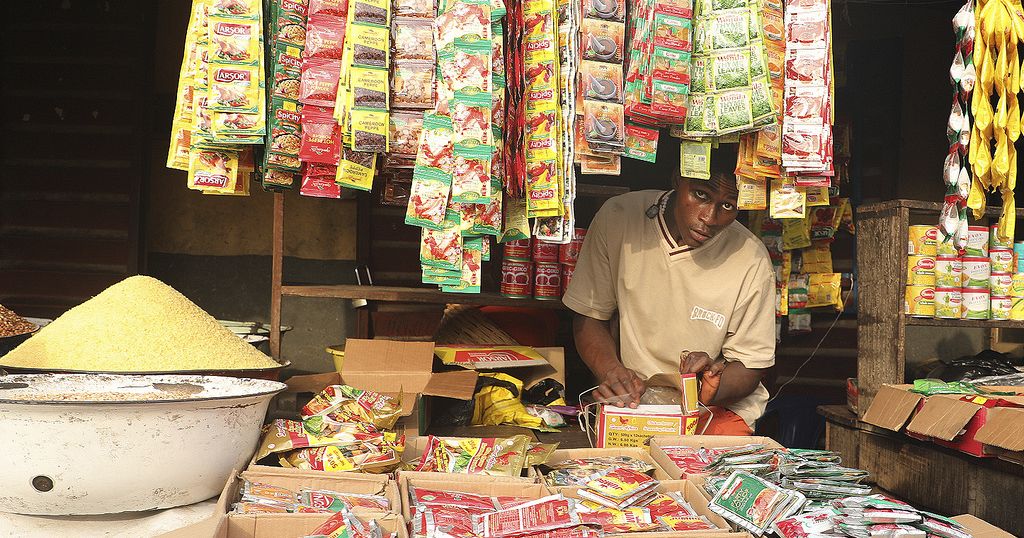
The latest government statistics released Thursday showed that the inflation rate in January rose to 29.9%, its highest since 1996, mainly driven by food and non-alcoholic beverages.
The naira itself further plummeted to 1,524/1$ on Friday, reflecting a 230% loss of value in the last year.
It worsens an already bad situation, further eroding incomes and savings while squeezing millions already struggling with hardship due to government reforms that saw the removal of gas subsidies, resulting in gas prices tripling and transport fares spiking.
With a population of more than 210 million people, Nigeria is not just Africa’s most populous country but also the continent’s largest economy.
Its GDP is driven mainly by the service sector, such as information technology and banking, followed by the industry sector, including manufacturing and processing businesses and then agriculture.
President Tinubu himself has directed the release of food items such as cereals from government reserves among other palliatives to help cushion the effect of economic hardship.
The government has also said it plans to set up a commodity board to help regulate the soaring prices of goods and services.
It is far worse for some in conflict zones in northern Nigeria where farming communities are no longer able to cultivate what they eat as they are forced to flee violence.
Pockets of protests have broken out in the past weeks, but security forces have been quick to quell them, even making arrests in some cases.
In the economic hub of Lagos and other major cities, there are fewer cars and more legs on roads as commuters are forced to trek to work.
